This toolkit is a collaborative, open-source collection of methods. Designers and stakeholders are welcome to contribute and critique the content therein. Any contributions will (upon review) be included in the toolkit.
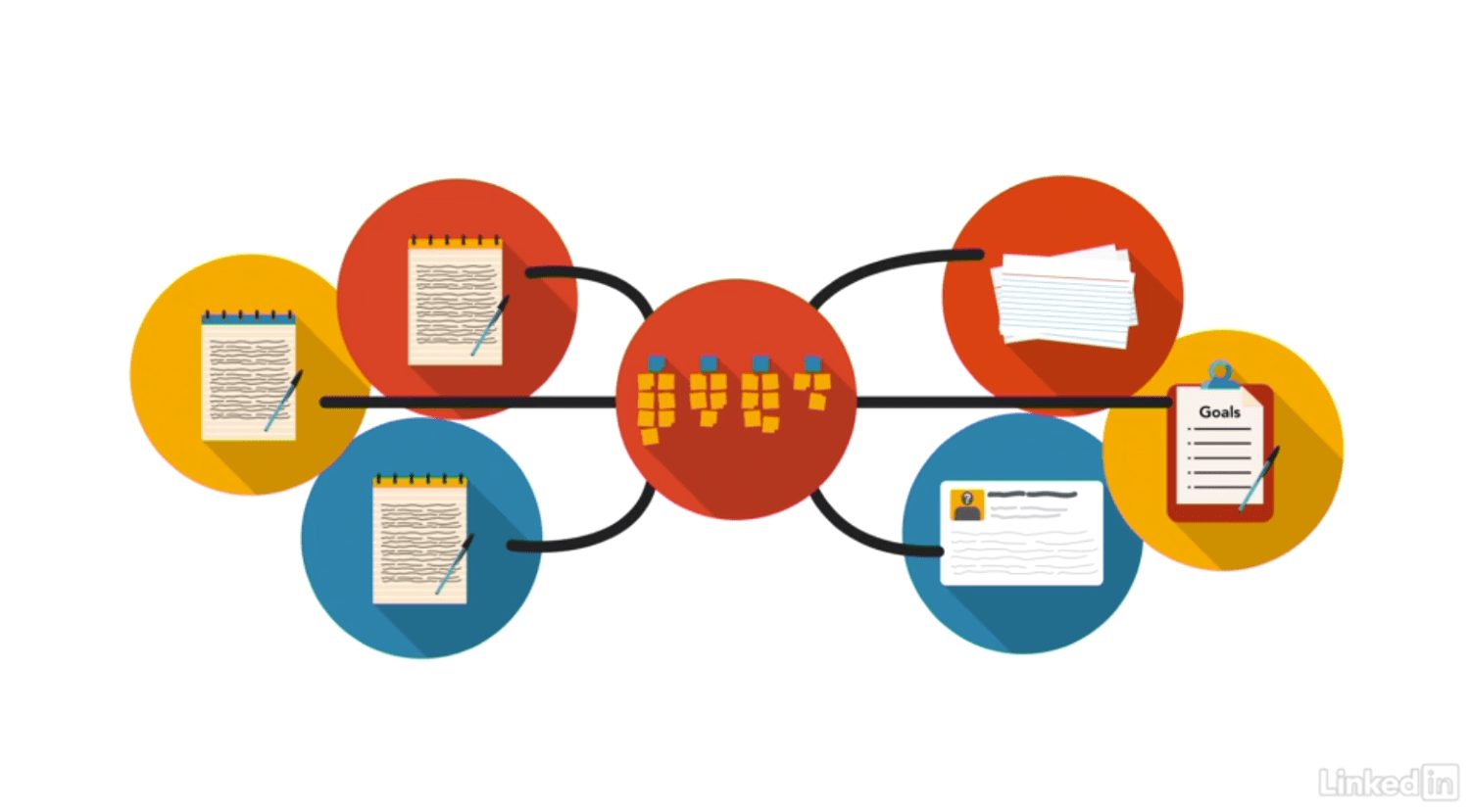
Experience Mapping
An Experience Map maps out a chronological order of actions and highlights specific pain points along the way. This is a great way to turn your site observations into a ...

Feature Ideation
This is a method of reframing known user needs, using them as inspiration for creative new features. The rapidly generated, tangible ideas generated from this can be evolved and integrated ...
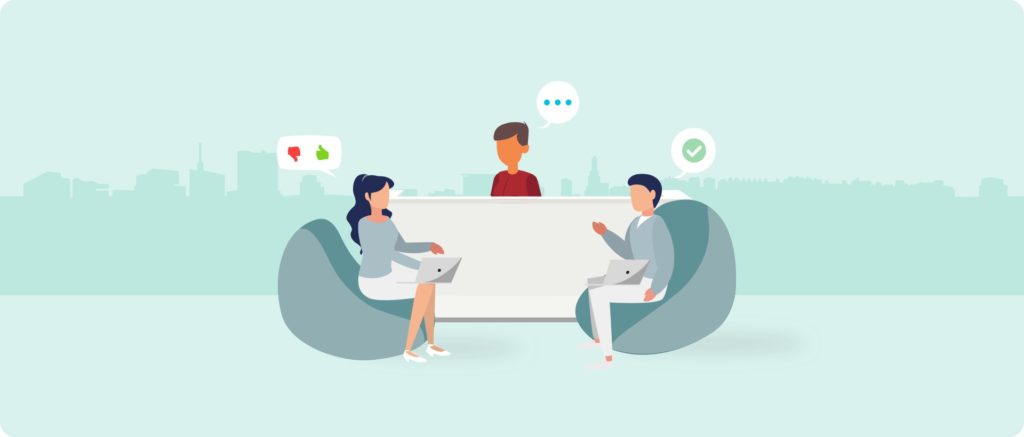
Exploratory Interviews
Allows you to understand the problem you are trying to solve from the perspective of the user. Exploratory Interviews test assumptions about the behaviors, beliefs and needs of your target ...
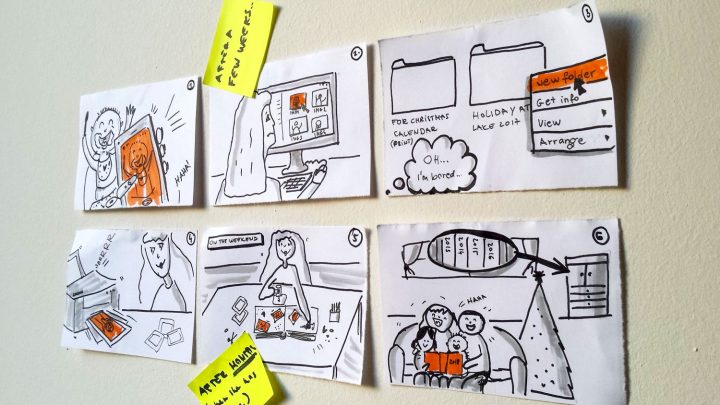
Storyboarding
Storyboarding builds a sequential narrative of the user’s interaction with your product. It is useful in several stages of the product development process: Early phases – Making early ideas concrete ...
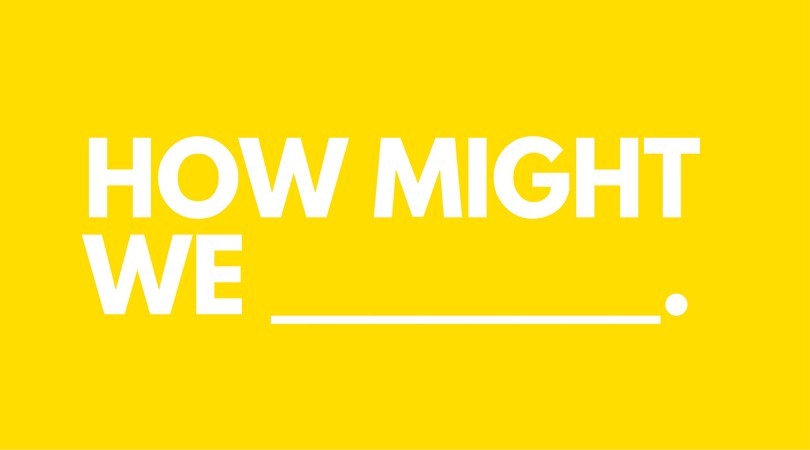
How Might We __?
How might we __? (HMW) is a technique for brainstorming new opportunities. It is often used for looking at insights gathered from research and framing them into opportunities or alternatives ...
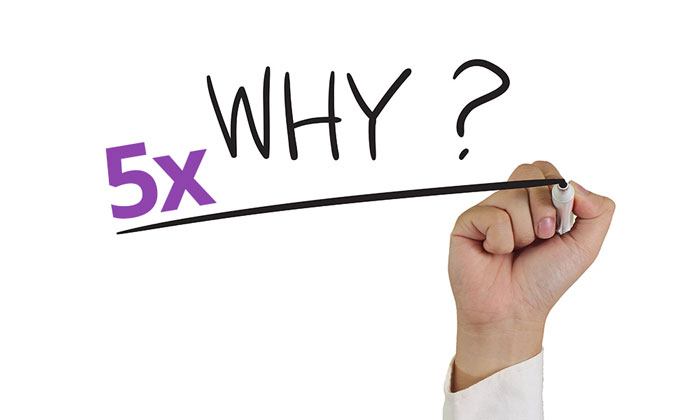
5 “Whys”
Repeatedly asking “why?” in order to get to the root cause of the problem with the goal of thinking differently. Detailed steps The concept is basic in its setup and ...
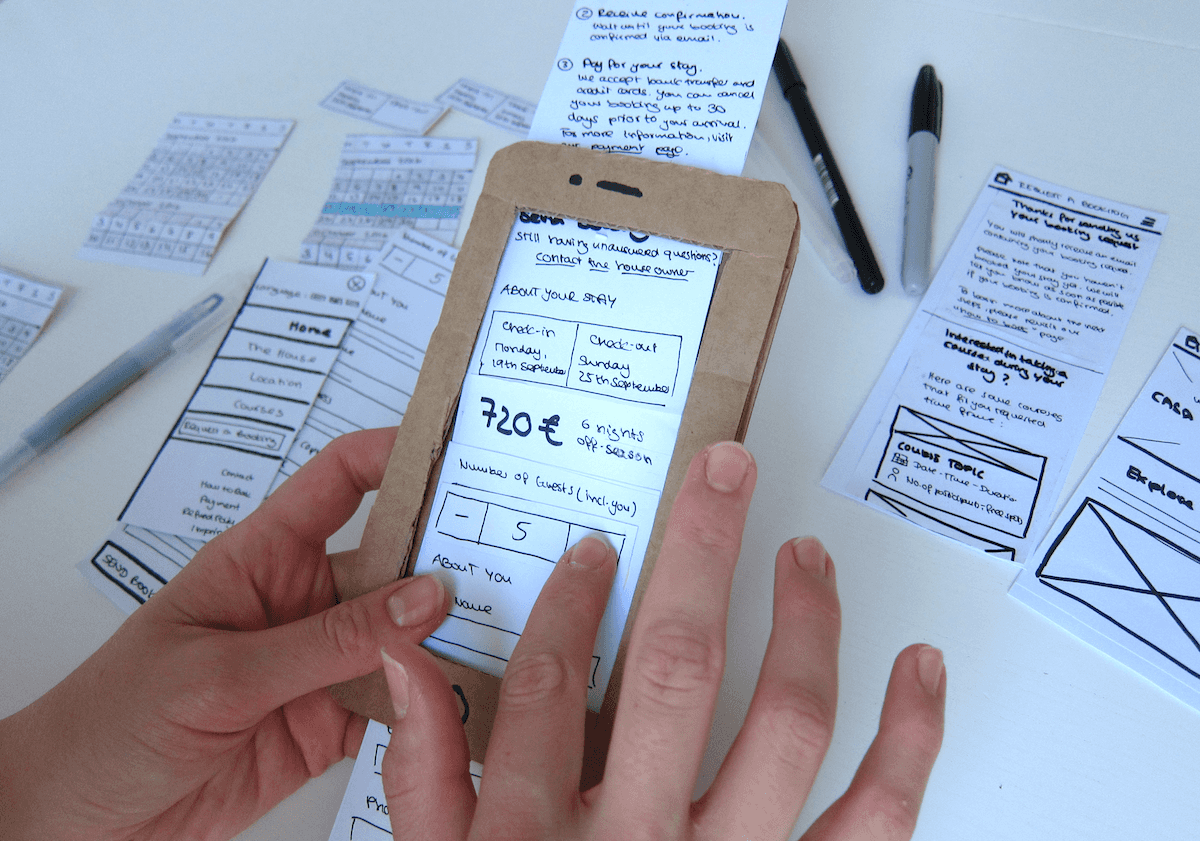
Paper Prototyping
Paper prototypes communicate and shape an idea early on by making it real and testing it early with your users. Detailed steps 1. DEFINESettle on an idea to develop that ...

Expert Review
Expert review is another general method of usability testing. As the name suggests, this method relies on bringing in experts with experience in the field (possibly from companies that specialize ...
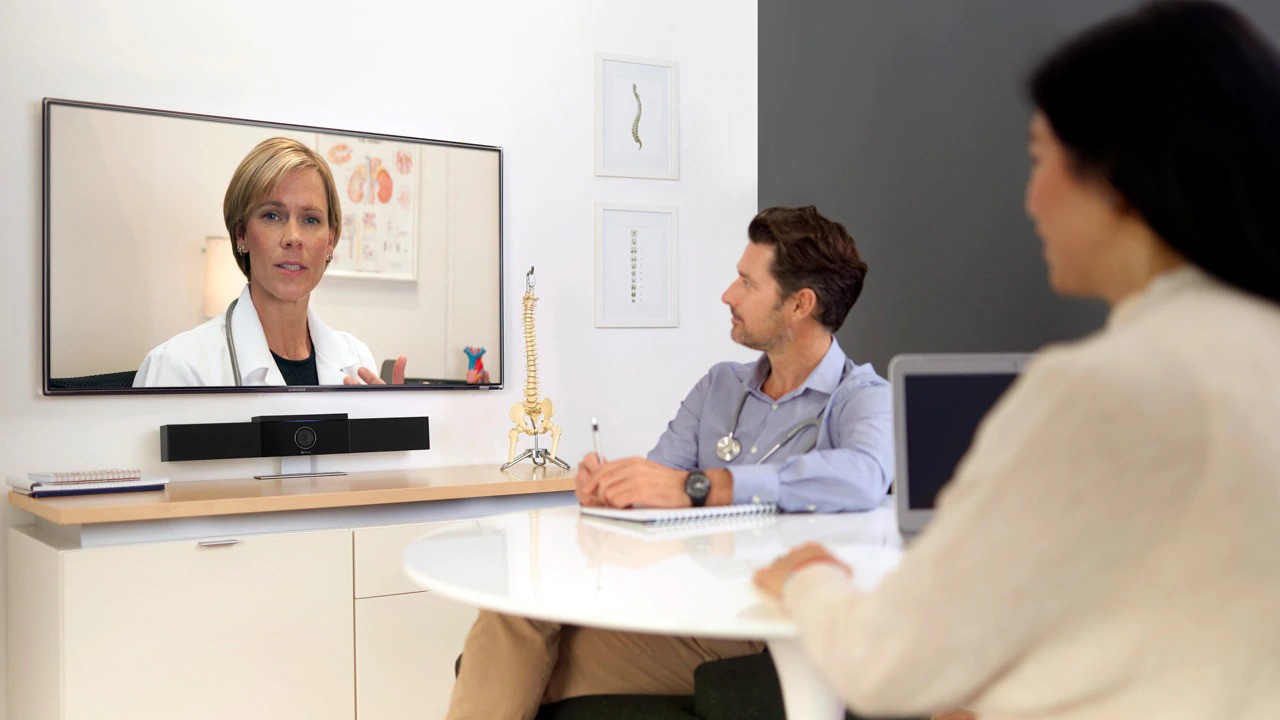
Remote Usability Testing
In a scenario where usability evaluators, developers and prospective users are located in different countries and time zones, conducting a traditional lab usability evaluation creates challenges both from the cost ...
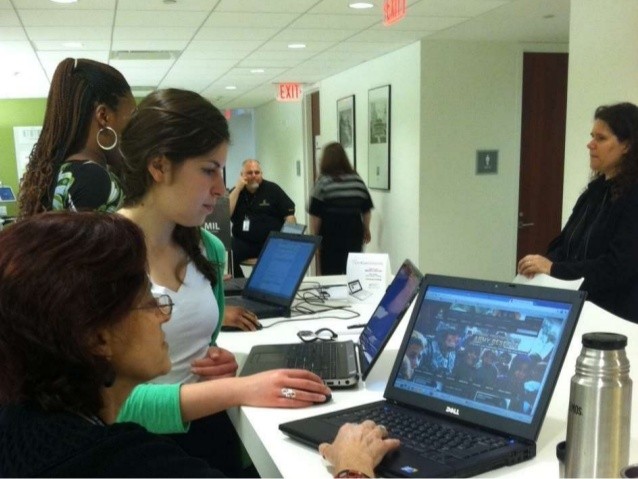
Guerilla Research
Guerrilla usability (aka "hallway testing") is a quick and cheap method of usability testing in which people - e.g., those passing by in the hallway, are asked to try using ...
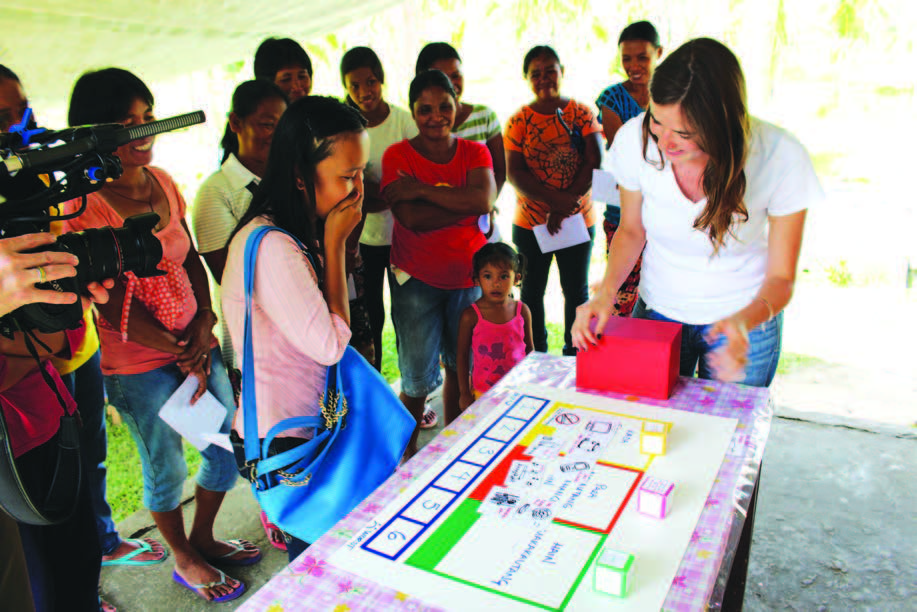
The Loan Surprise Game
There are all kinds of ways that you can learn from the communities you’re looking to serve. An IDEO.org team working on designing mobile financial tools to help victims of ...
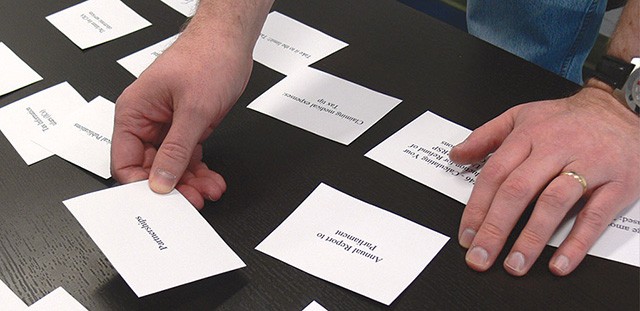
Card Sort
Purpose Card sorting allows you to understand how users organize information and concepts Outcomes Understand how individuals break down big concepts and their motivations in decision making Gaining quick input ...
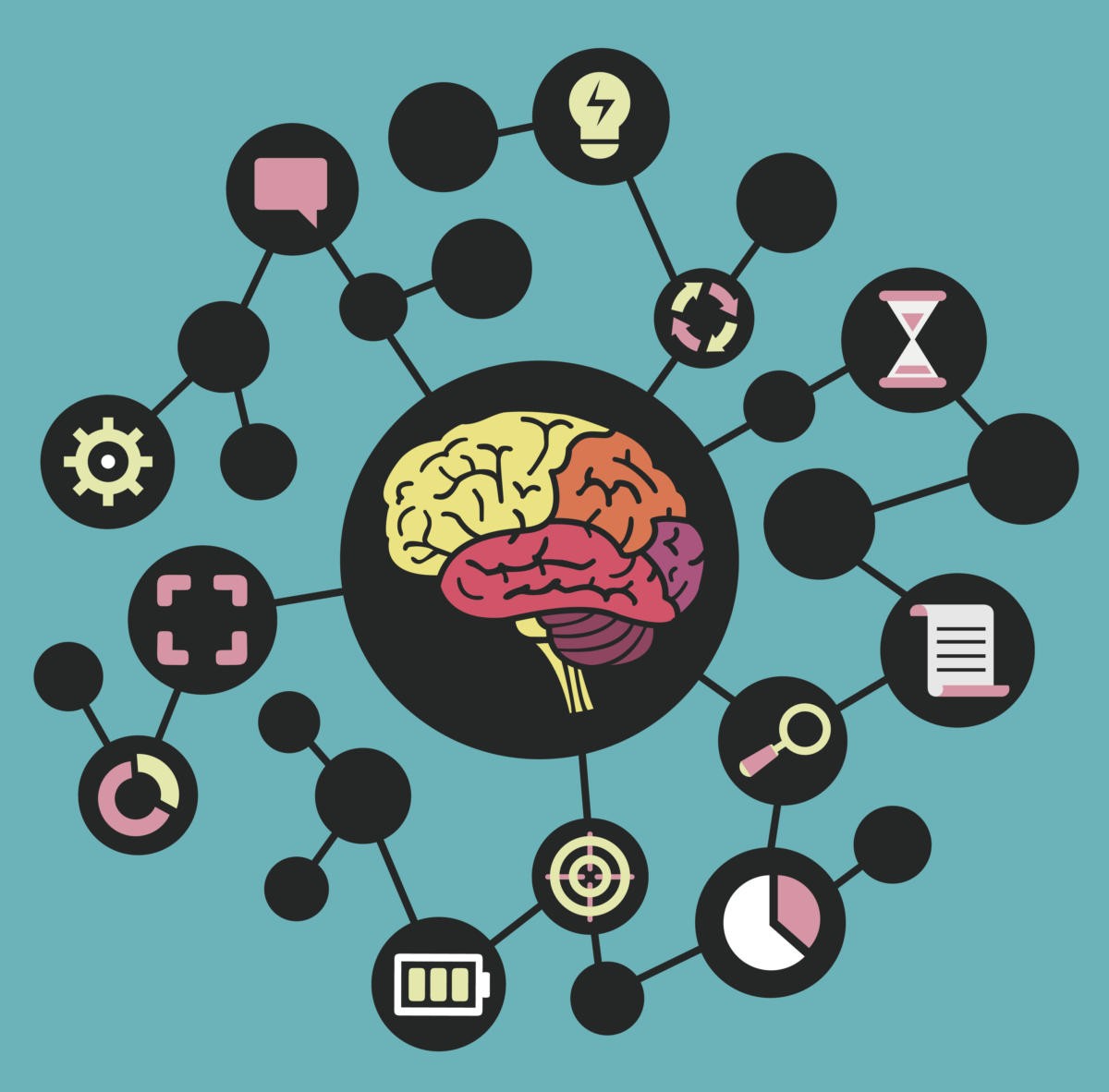
Mind Mapping
Mind maps can be great tools when facing complex problem. They are organic in their structure and allows us to, via a visual representation, explain how a system or concept ...
